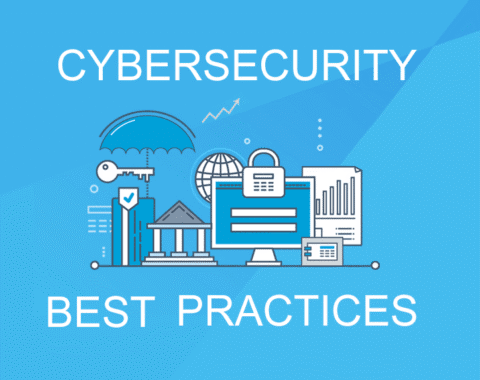By Marissa Capizzi
Life is full of perplexing questions. Which came first, the chicken or the egg? If a tree falls in the woods and nobody is there to hear it, does it make a sound? Well, I am forced to add one more quandary to the list: Do I leave my computer on all the time, or do I shut it down when I’m not using it? Like questions pondered by philosophers and long-haired coffee shop goers for centuries, the answer to this IT question may be just as open-ended.
There are many factors to consider when contemplating this conundrum. For now, let’s consider 3 main variables:
- Device workload
- Hard drive type
- Device usage
The first factor to consider is device workload. How much do you use your computer? Are you on your computer all day, zooming and working tirelessly in spreadsheets? Or is hopping on your PC at night, scrolling Facebook your guilty pleasure? If your device usage is closer to the first example, then it’s best to just leave your PC on. If your usage is less frequent, feel comfortable turning it off. Every time your PC powers on, it has a small surge of power as the device spins up. Performing this task multiple times, a day is stressful on the machine.
The second factor to examine is hard drive type. Hard drives come in two types: traditional and solid state (think regular and unleaded). A traditional hard drive has a lot of moving parts. The more these parts move, the more they potentially can wear down. A solid-state hard drive has fewer moving parts, is stronger, and less susceptible to wear. If your PC has a solid-state hard drive, turning it off and on can be done with more confidence than if your PC has a traditional hard drive.
The third major factor to consider before you click “shutdown” is how you use your computer. If you use your computer as a server (the home for all your data) or use your computer to work remotely then you will likely want to leave the device on. This also allows updates to run overnight, rather than having to wait for them to run when you’ve turned the computer on to use it.
Whether you choose to turn your computer off when it’s not in use, or you decide to leave it on, one thing remains true: rebooting your computer regularly is a critical step to maintaining the health of your device. And, as anyone who has ever asked for help “fixing” an IT issue, the first step in all computer repairs is a good reboot.
So, I don’t know why the sky is blue or whether life exists on other planets, but I do know that Southridge Technology is here for all your perplexing IT questions. Give us a call at 203-431-8324. We’re happy to help!



